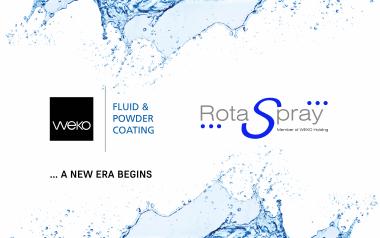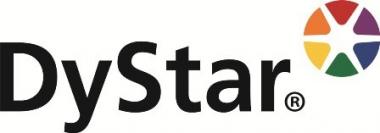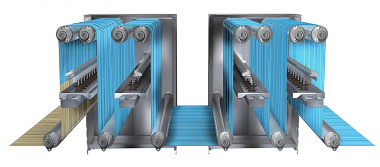WEKO has taken over RotaSpray GmbH
Weko Holding GmbH has taken over RotaSpray GmbH from Oehringen with retroactive effect from January 1st, 2021 and further expands its textile segment.
With the merger of the two companies, the competencies in the field of functional wet finishing, digital printing pre-treatment and spray dyeing processes will be bundled for the textile segment. Both companies believe that these segments offer good future opportunities, because the demand for a resource-saving, CO2-reduced dyeing and finishing process for textile yarns and fabrics is increasing rapidly. Likewise the market trend of ever smaller production lot sizes per order.
RotaSpray GmbH will continue to be managed as an independent unit within the WEKO Holding Group and will focus purely on the high-quality textile sector.
WEKO has been developing and producing non-contact application systems for product optimization and surface finishing with different types of liquids and powdery substances since 1953. The areas of application are broad and the nonwovens, paper, tissue, printing, wood fiber boards, foils and metal industries are successfully supported with WEKO solutions.
Weitmann & Konrad GmbH & Co. KG












